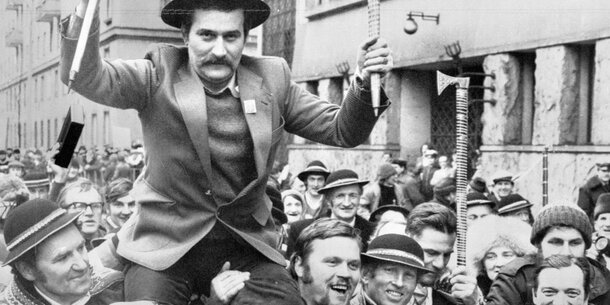This was originally published by CQ Researcher.
The ruling in Trump v. United States is an affront to democracy and the rule of law, forfeiting critical checks on executive power. It undermines criminal accountability for presidents if their law-breaking occurs in the course of “official” conduct, and it endangers democratic accountability by potentially shielding presidents from prosecution for trying to overthrow elections. By inserting this opinion into a world where impeachment is no longer a viable option, the Supreme Court is licensing future presidents to subvert our democracy at will — and protecting a past president, Donald Trump, who attempted just that.
The majority of the justices claim the court’s ruling restores the Founders’ designs for an “energetic executive.” But this distorts the Founders’ understanding of executive power in our constitutional democracy. They concentrated power in the hands of a single executive to make it easier to hold presidents accountable — and to ensure that there would be no buckpassing for executive decisions. Presidents would have to be responsive to the voters or risk losing office. And the Founders determined that presidents would have no criminal immunity, so they could be prosecuted if they violated the law. These foundational decisions ensured that — whether by Congress, the courts or the people — presidents could be held to account, as they should be in any country that values the rule of law.
Ignoring this history, the high court went to great lengths to shield presidents from accountability. It gave them a combination of “absolute” and “presumptive” immunities that apply to all so-called “official” acts. This practically invites future presidents to use the levers of the federal government to commit crimes. That’s absurd and intolerable.
But let’s not disregard the potential retroactive effect: This decision may also let a former president off the hook for his flagrantly anti-democratic behavior. Trump is accused of attempting to overturn the 2020 election, essentially anointing himself by invalidating the choices of millions of voters. The court’s ruling complicates the case against him considerably. It directed federal prosecutors to drop allegations tied to Trump’s commandeering of the Department of Justice. And it requires the prosecutors to overcome a daunting presumption that Trump has immunity for much of the rest of his scheme. In doing so, it increases the risk that Trump may walk free. But that cannot be the outcome. Any opinion from the court that allows that is at war with our system of self-government. It is a direct threat to our democracy itself.



